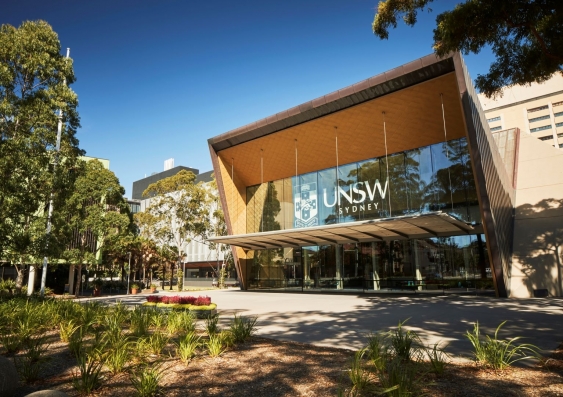UNSW maintains pole position in engineering and technology in THE subject rankings
The 2022 Times Higher Education rankings also saw psychology and business and economics subjects move up the list.
UNSW Sydney has maintained Australia’s top spot for engineering and technology in the Times Higher Education (THE) World Rankings by Subject.
The rankings spotlight the universities leading the world in different subject areas. Rankings are based on 13 performance indicators across teaching, research, knowledge transfer and international outlook.
UNSW moved up two places for engineering and technology to equal 46th in the world. The result saw the subject lift 13 places over a three-year period thanks to a sustained growth in industry income.
Psychology moved up five places to 29th in the global league and rose to second spot in Australia. Law also scored a ranking in the top 50 for UNSW at 24th, and maintained its second position nationally.
Computer Science retained its spot among the top five domestically, ranking third. Its global ranking sits at 65th. Business & Economics meanwhile ranked fourth in Australia and rose two places to 55th in the world.
In the sciences, UNSW ranked 82nd in the physical sciences and third in Australia. In clinical, pre-clinical and health UNSW was 69th and in life sciences, 88th. In the social sciences, and arts and humanities, UNSW was 103rd and 106th respectively.
UNSW Pro Vice-Chancellor, Research, Professor Sven Rogge said the latest rankings showcase UNSW’s strength across a broad range of disciplines and the continued commitment to advance our 2025 Strategy.
“This result is thanks to the excellence and collaborative approach of the many talented academics across the University in both teaching and research,” Prof. Rogge said.
The THE subject rankings results come after UNSW was placed at 70th globally in the 2022 THE World University Rankings. UNSW has risen 26 places in the THE World Rankings over the last three years as a result of its mission to advance world-class discovery and applied research in key areas such as climate change, quantum computing, new materials manufacturing and cutting-edge health research.

